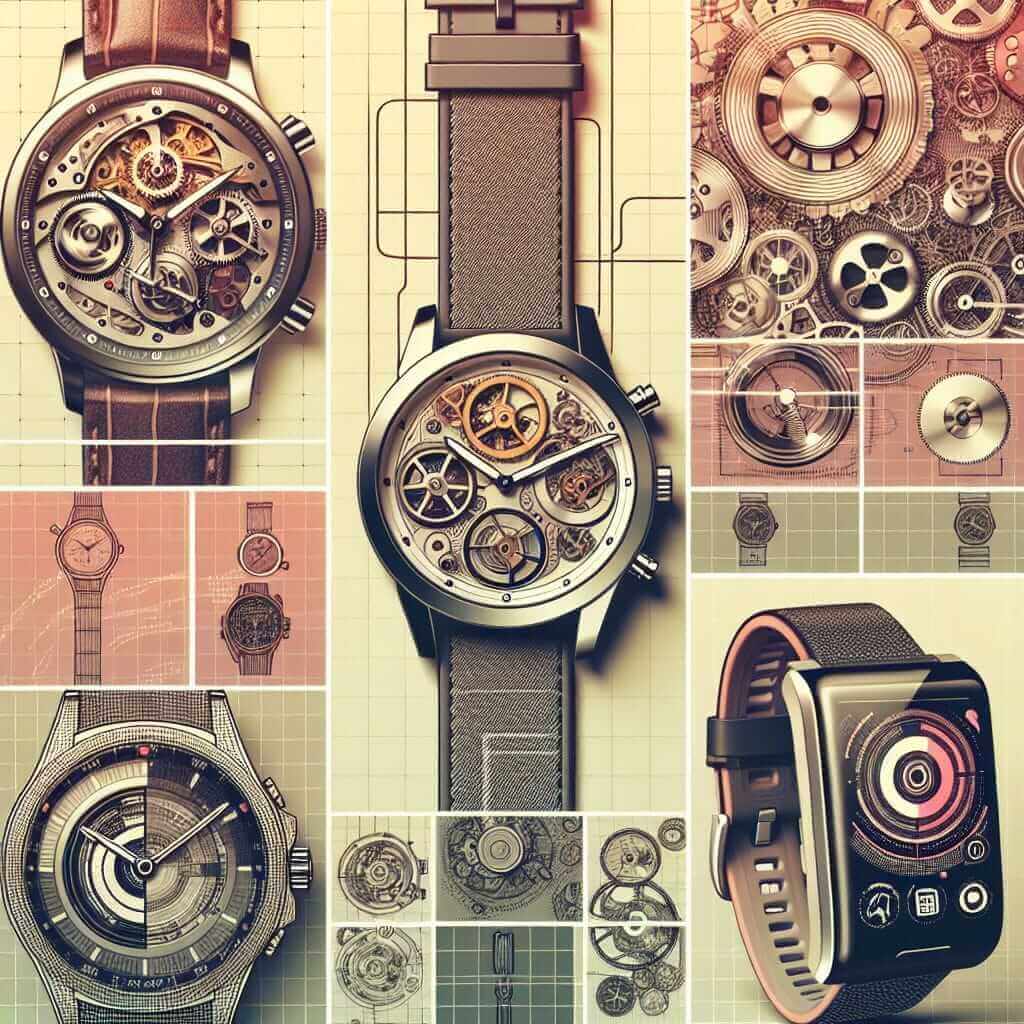As an IELTS instructor with over 20 years of experience, I’ve encountered countless students perplexed by seemingly simple questions in the Speaking test. One such question is “How often do you wear a watch?”. While it might appear straightforward, this question offers a fantastic opportunity to showcase your English proficiency. Let’s delve into why it’s asked and how you can deliver an impressive response.
Nội dung bài viết
The Significance of “How Often Do You Wear a Watch?” in IELTS Speaking
The IELTS Speaking test evaluates your ability to communicate effectively in English. This encompasses not just vocabulary and grammar, but also fluency, pronunciation, and your capacity to elaborate on your answers.
Although seemingly simple, “How often do you wear a watch?” allows examiners to assess:
- Vocabulary: Can you use a range of words related to time, frequency, and accessories?
- Grammar: Can you accurately use present simple tense and adverbs of frequency?
- Fluency: Can you respond naturally and smoothly without prolonged hesitation?
- Coherence: Can you structure your answer logically and provide relevant details?
Mastering Your Response to “How Often Do You Wear a Watch?”
Here’s a breakdown of how to craft a compelling answer:
1. Address the question directly:
Begin by directly answering the question using appropriate adverbs of frequency:
- Always/Usually/Frequently: “I always wear a watch. It’s become a habit.”
- Often/Sometimes: “I often wear a watch, especially for important meetings.”
- Rarely/Seldom/Hardly ever: “I rarely wear a watch these days. I find checking my phone more convenient.”
- Never: “I never wear a watch. I’ve never really liked how they feel on my wrist.”
2. Provide reasons and elaborate:
This is your chance to showcase your vocabulary and fluency. Explain your reasons for wearing or not wearing a watch.
- Practicality: “I wear a watch to keep track of time, especially since I have a busy schedule.”
- Style: “I consider a watch to be a stylish accessory. I enjoy matching it with my outfits.”
- Sentiment: “This watch was a gift from my grandfather, so it holds sentimental value for me.”
- Technology: “I find it more convenient to check the time on my phone, so I don’t wear a watch very often.”
3. Add personal anecdotes or examples (optional):
To create a more engaging response, you can briefly share a relevant anecdote or example:
- “I remember once I forgot to wear my watch to an important interview…”
- “I recently purchased a new smartwatch and I’ve been wearing it every day since…”

Example Answers:
Here are a few example responses demonstrating different levels of fluency and complexity:
Simple: “I seldom wear a watch because I prefer to check the time on my phone. It’s just easier.”
Intermediate: “I usually wear a watch, particularly for work. It helps me manage my time effectively and ensures I’m always punctual for meetings.”
Advanced: “While I appreciate the craftsmanship of a classic watch, I must confess that I rarely wear one these days. With the advent of smartphones, I find myself relying more on my phone to check the time. However, I do own a vintage pocket watch that holds sentimental value, a gift from my grandfather, which I wear on special occasions.”
Key Takeaways for IELTS Success:
- Practice answering a variety of IELTS Speaking questions, even those that seem simple.
- Focus on expanding your vocabulary related to everyday topics.
- Pay attention to your grammar, especially using adverbs of frequency correctly.
- Speak naturally and confidently. Don’t be afraid to pause and think for a moment before answering.
Remember, the IELTS Speaking test is designed to assess your communicative ability, not to trick you. By preparing effectively and focusing on clear, confident communication, you’ll be well on your way to achieving your desired IELTS score.